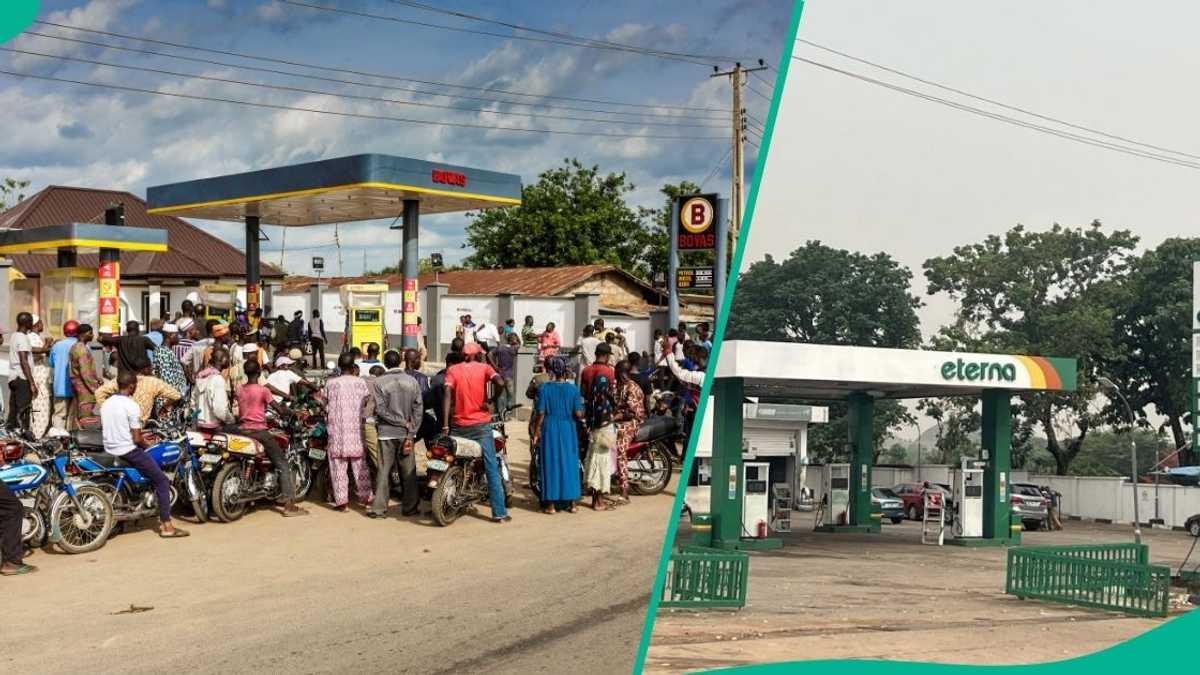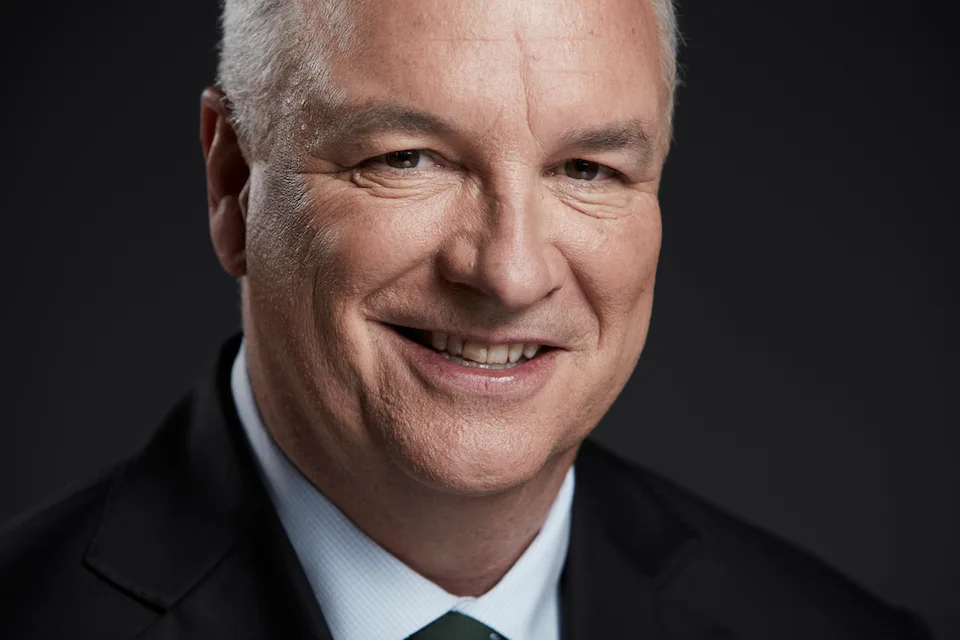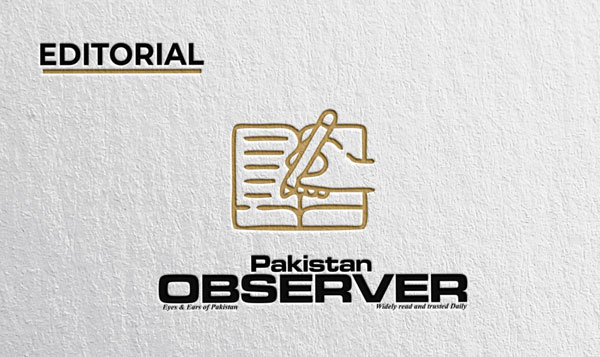Copyright legit

Nigerians are bracing for potential rise in the prices of diesel and petrol following the introduction of 15% tariff on imported fuelPresident Bola Tinubu approved the new tariff, with fears mounting over hike in the price of imported fuelHowever, experts say the new policy will boost local refineries and help to stabilise the downstream sector Pascal Oparada is a journalist with Legit.ng, covering technology, energy, stocks, investment, and the economy for over a decade. President Bola Ahmed Tinubu has approved a 15% import duty on Premium Motor Spirit (petrol) and Automotive Gas Oil (diesel), a move that signals one of the most consequential shifts in Nigeria’s downstream oil sector since fuel subsidy removal in 2023. The new tariff framework, contained in a presidential memorandum dated October 21, 2025, seeks to balance import and local refining costs while strengthening the nation’s energy independence under the Renewed Hope Agenda. Policy aims for fairness, not profit According to the document endorsed by President Tinubu, the new tariff “is not revenue-driven but corrective.” It is designed to stop duty-free imports from undercutting Nigerian refiners such as Dangote Refinery and modular operators, which have begun domestic production. Government officials insist that the goal is to level the playing field, ensuring both importers and local refiners compete fairly while protecting consumers from extreme price volatility. Import duty fixed at 15% of fuel’s CIF value According to a report by PetroleumPriceNG, under the new rules, a 15 percent ad-valorem duty will be applied on the Cost, Insurance, and Freight (CIF) value of imported petrol and diesel. At current import benchmarks, this could add about ₦99.72 per litre to the cost of imported fuel. However, the presidency assures that retail prices in Lagos will remain around ₦694.72 per litre ($0.62), still far below the regional averages in Senegal ($1.76), Côte d’Ivoire ($1.52), and Ghana ($1.37). Backed by Petroleum Industry Act (PIA) The legal foundation for this new tariff rests on Sections 71 and 72 of the Petroleum Industry Act (PIA), which empower the Nigerian Midstream and Downstream Petroleum Regulatory Authority (NMDPRA) to impose market-balancing regulations. Through Section 3(4), the President can issue directives to implement such measures via the Federal Government Gazette, ensuring regulatory backing and transparency. 30-day transition period before full implementation The government has granted a 30-day grace period for importers to adjust cargoes already en route to Nigeria. Collections will be handled through an FGN revenue account managed by the Federal Inland Revenue Service (FIRS), verified by the NMDPRA, and monitored by the Nigeria Customs Service (NCS). Officials say this phased approach will help prevent sudden market shocks or fuel scarcity during the transition period. Strengthening Nigeria’s refining future Ultimately, the administration argues the tariff is a reform to encourage local refining and price stability. By narrowing the cost gap between imported and domestically refined fuel, the policy aims to boost investor confidence in the refining and logistics sector, paving the way for more private-sector participation. In a handwritten note, President Tinubu directed: “Approved as prayed for implementation immediately.” Officials describe the move as another decisive step toward achieving fuel self-sufficiency, protecting local jobs, and delivering on the promise of a stable, sustainable energy future for Nigerians. Adeola Yusuf, energy expert, called the policy a two-edged sword, saying that while it aims to protect local refineries, it will impact heavily on cost. At the end of the day, it leaves consumers with choices: Either to patronise imported fuel or locally-produced products,” he told Legit.ng, exclusively. Marketers sign deal with foreign suppliers to crash petrol to N700/litre Legit.ng earlier reported that Major petroleum product marketers in Nigeria have reportedly inked a deal with prominent global petrol suppliers to import cheaper products that will sell below Dangote and NNPC retail outlets. According to reports, the deal will see the marketers selling petrol at about N700 per litre, far cheaper than what is obtained at NNPC and Dangote Refinery partner stations. Legit.ng reported earlier that the Independent Petroleum Marketers Association of Nigeria (IPMAN), asked the Dangote Refinery to lower its petrol prices below N800 per litre. Source: Legit.ng



